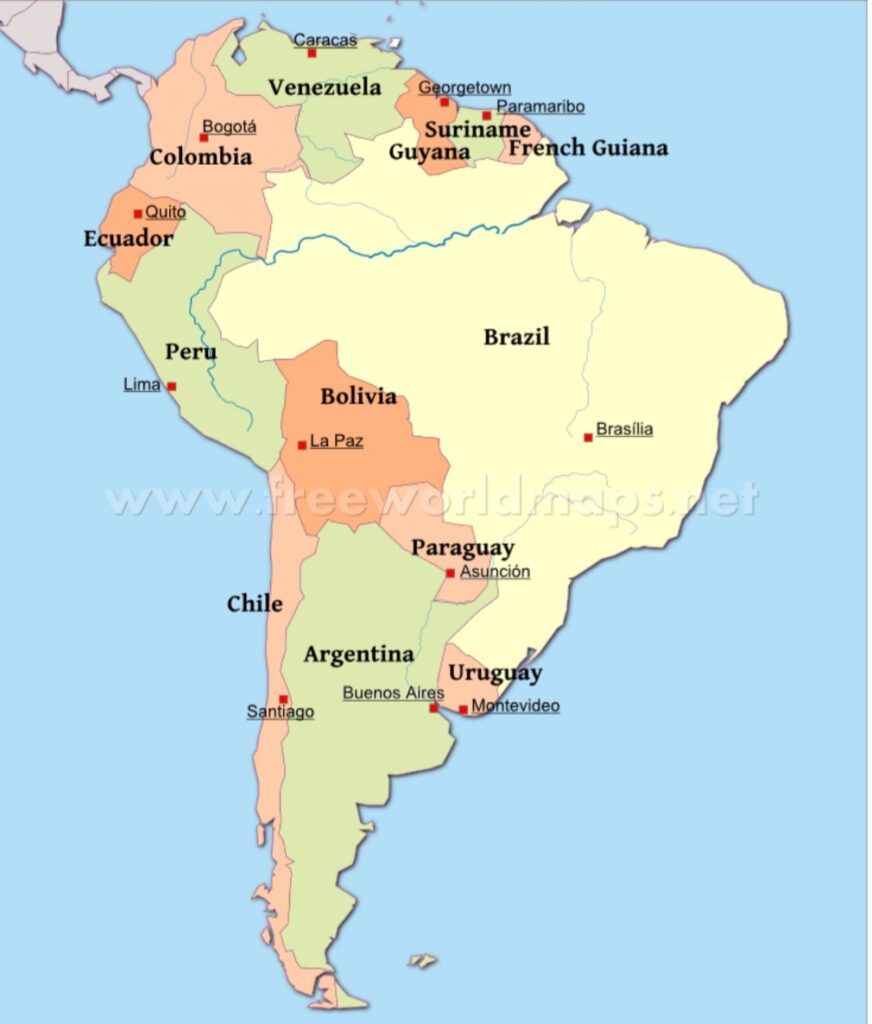By: Patted Shamanth, GSDN

Venezuela is a prime example of a petrostate. In 1960, Venezuela became a founding member of the Organization of the Petroleum Exporting Countries (OPEC) joining Saudi Arabia, Iran, Iraq, Kuwait, and Kuwait. In contrast to many other prosperous petroleum states around the globe, Venezuela experienced the greatest economic catastrophe in the world, which progressively diffused into proceeding political crisis.
The current political crisis in Venezuela bygones to 2013 when Mr. Nicolás Maduro won his first election in April 2013 (after the death of Mr. Hugo Chávez) and rose to power. His allegiance to socialist principles (like his predecessor), further exacerbated the existing problems, mainly due to years of inadequate infrastructure investment. Additionally, USA imposed sanctions on Venezuela’s oil sector as a result, the oil prices plunged from more than $100 per barrel in 2014 to under $30 per barrel in early 2016 thus plunging Venezuela into an economic and political spiral.
Unlike prolonged economic catastrophe, the 2018 Presidential elections unambiguously marked the political impasse in the state, in which Mr. Nicolás Maduro emerged victorious to take office for a second six-year term. On the contrary, the opposition accused that the election was rigged and wasn’t free or fair. This compelled the National Assembly, controlled by the opposition, to call Mr. Maduro a “despot” and contended that the Presidency was vacant.
By citing the article 233 of Constitution, Juan Guaidó, the head of the National Assembly, proclaimed himself interim president. However, this was a cyclical event that occurred in 2013 post the death of Mr. Havez, where the Article 233 states the president-elect is absolutely absent before taking office, a new election shall take place, while the president is elected and takes office, the interim president shall be the president of the National Assembly. Juan Guaidó’s move was recognised by 50 countries, including the US and several Latin American countries, where President Maduro was supported by Russia and China, among others. Despite his broad international support, Mr Guaidó does not wield much power in practical terms and that was substantiated by Mr Maduro remaining in the Presidential Palace with the loyal support of armed forces and also a firm grip on the electoral body and the Supreme Court.
Nonetheless, it is President Maduro and his predecessor Hugo Chávez who are the target of much of the current grief. Meanwhile Maduro got an unexpected boost by the turn of events in Ukraine. The minute Russia invaded Ukraine disrupting the gas supply to Europe, Biden administration predicted that there would increase in the demand for oil from Europe and that could lead to higher demand for US oil and thus higher gas prices in America. This opened the channel for a secret visit to Venezuela by senior Biden administration officials, marking the first White House trip to the country in over two decades and lifting some of these sanctions. In an endeavour to take advantage of the situation, the Venezuelan administration has stated its willingness to resume talks with Juan Guaidó as a first step toward relief from US sanctions.
According to Jeffrey Sachs, a professor of economic development at Columbia University, the fundamental goal of government should be to responsibly use oil revenues “to finance expenditures on public goods that serve as the platform for private investment and long-term growth.”

